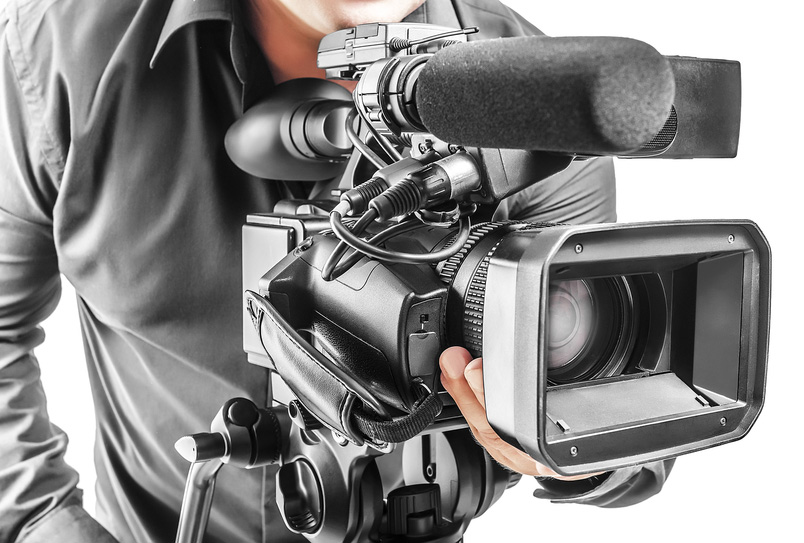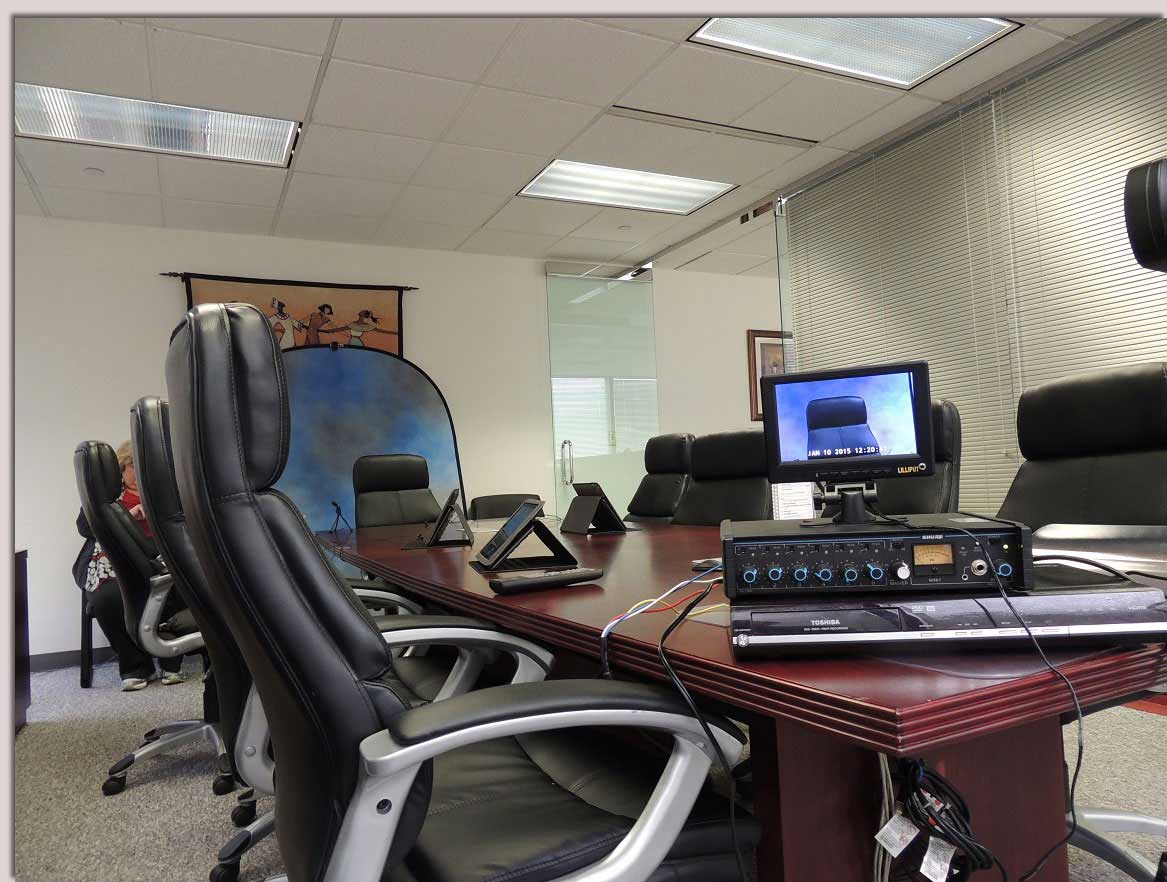Comprehensive Legal Videography for Courtroom Evidence.
The Role of Lawful Videography in Depositions and Tests
Legal videography has actually emerged as a crucial tool in both depositions and tests, offering a complex method to recording witness statements. As lawful professionals significantly recognize its worth, it prompts a deeper examination of exactly how these aesthetic records can affect juror understandings and test outcomes.

Importance of Lawful Videography
Lawful videography plays a critical duty in the paperwork and discussion of depositions and trials. This customized field integrates technological skills with lawful expertise to create a reliable record of process that can considerably affect situation end results. The visual facet of legal videography boosts the understanding of witness testimony, permitting jurors and courts to observe not only the talked words but likewise the behavior, feelings, and body movement of the witnesses.
Furthermore, lawful videography gives an unbiased account of occasions, minimizing the potential for false impression that can accompany composed records alone. This visual paperwork works as a critical device throughout test discussions, promoting a more clear and even more convincing narrative for both plaintiffs and defendants. The capacity to replay video clip sections during court procedures enables legal teams to emphasize vital factors, enhancing their disagreements effectively.
The significance of lawful videography prolongs past the court room; it likewise plays an essential function in preserving proof for future referral, whether for allures or more legal activity. Its combination right into the legal procedure is important for making certain a fair and exact representation of the truths, inevitably contributing to the quest of justice.

Refine of Legal Videography
While capturing the subtleties of depositions and tests, the procedure of legal videography includes a number of critical steps that guarantee high-grade, accurate recordings. An expert lawful videographer prepares by assessing the case materials and comprehending the certain requirements of the deposition or trial. This preparation includes acquainting themselves with the participants and the context, which helps in catching significant details.
On the day of the recording, the videographer establishes the needed tools, which typically includes high-definition video cameras, microphones, and appropriate illumination. Guaranteeing ideal angles and sound quality is important, as it directly impacts the effectiveness of the recording. The videographer communicates with lawyers and individuals to develop procedures, making sure that everybody understands the recording process.
Throughout the deposition or test, the videographer carefully tape-records the proceedings, paying attention to both spoken and non-verbal hints. This includes capturing the disposition and reactions of witnesses and lawyers. After the session wraps up, the videographer may modify the video for clearness and compliance with lawful requirements, producing an end product that precisely reflects the process for future referral and use in legal contexts.
Advantages in Depositions
The consolidation of videography in depositions provides numerous benefits that improve the general process of collecting evidence. One primary benefit is the capacity to catch witness testimonies with visual and acoustic fidelity, giving a more precise representation of the witness's disposition, tone, and body language. This multidimensional method permits attorneys and courts to analyze credibility a lot more efficiently than typical written transcripts alone.
In addition, videographed depositions function as an effective tool for preserving testimony. Must a witness become not available for test, their tape-recorded deposition can be played in court, making certain that their evidence stays obtainable and relevant. This element considerably lowers the threat of losing critical information that might influence case results.

Last but not least, videography enhances the overall expertise of the deposition procedure, instilling self-confidence in visit this page customers regarding the thoroughness of their legal representation (legal videography). By leveraging innovation, legal specialists can significantly boost the performance of depositions
Influence On Tests
In lots of tests, the combination of videography can substantially affect the discussion of evidence and the jury's perception. Lawful videography records witness statements and vital evidence in a dynamic format, allowing jurors to involve with the product on several levels. This visual component boosts the narration element of a trial, providing context and psychological vibration that standard text-based evidence may best site do not have.
Additionally, video recordings can work as effective tools for impeachment throughout interrogation. When disparities occur between a witness's previous declarations and their courtroom testimony, video clip evidence provides an unbiased recommendation that can sway jurors' point of views. This immediacy and clarity can strengthen the credibility of a celebration's narrative while simultaneously threatening opposing disagreements.

Future Trends in Legal Videography
As we look towards the future of lawful videography, a number of arising patterns guarantee to improve its function within the court. One considerable pattern is the combination of fabricated knowledge (AI) in video clip evaluation and modifying. AI can enhance the process of determining essential moments in recorded depositions, allowing lawyers to promptly access pertinent web content, consequently improving effectiveness in case preparation.
Additionally, the surge of digital fact (VIRTUAL REALITY) and increased truth (AR) innovations is anticipated to change exactly how jurors experience evidence. legal videography. By submersing jurors in a simulated environment, these technologies can provide a much more profound understanding of complicated circumstances, causing even more educated deliberations
Moreover, the increasing need for remote depositions, sped up by the COVID-19 pandemic, will likely continue. Lawful videographers will certainly require to adjust to brand-new software application and platforms to guarantee top notch recordings in online settings.
Finally, the growing focus on information safety will demand more stringent procedures for storing and sharing video clip evidence. As the lawful landscape progresses, legal videographers have to stay abreast of these fads to preserve their importance and efficiency in the judicial process.
Final Thought
In summary, lawful videography offers an important feature in the judicial process, enhancing the stability of depositions and tests. By catching the subtleties of witness i loved this testimonies, this tool not only protects crucial evidence yet likewise help in presenting info effectively to jurors. The significance of aesthetic documentation in reviewing trustworthiness and facilitating interrogation can not be overemphasized. As technology remains to advance, legal videography is poised to more transform its function within the lawful landscape.